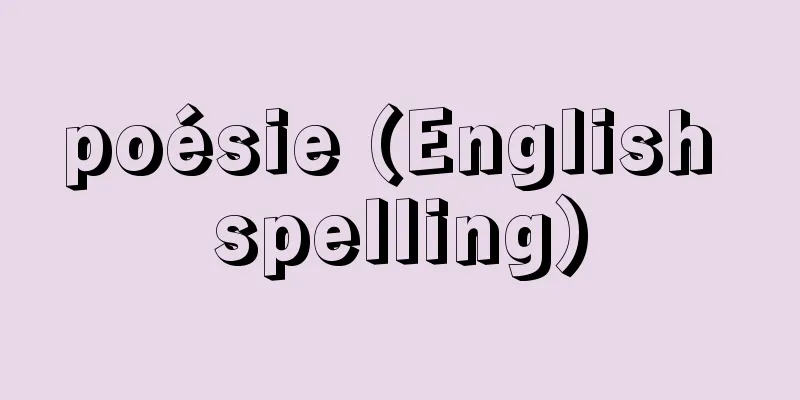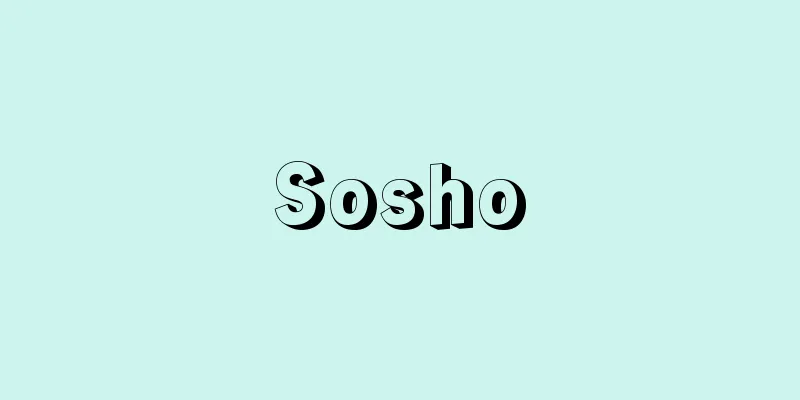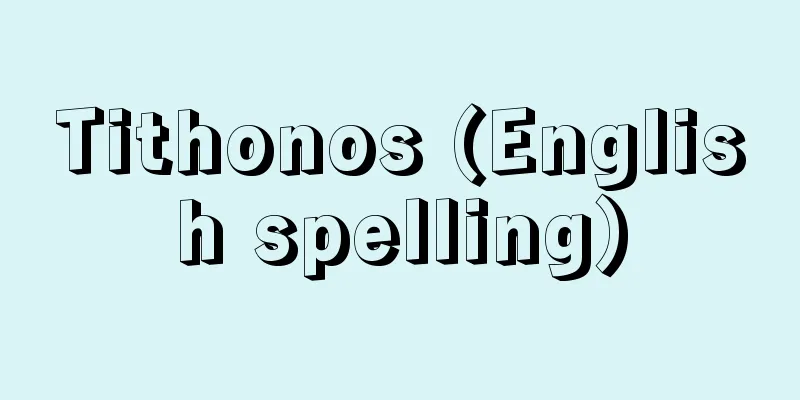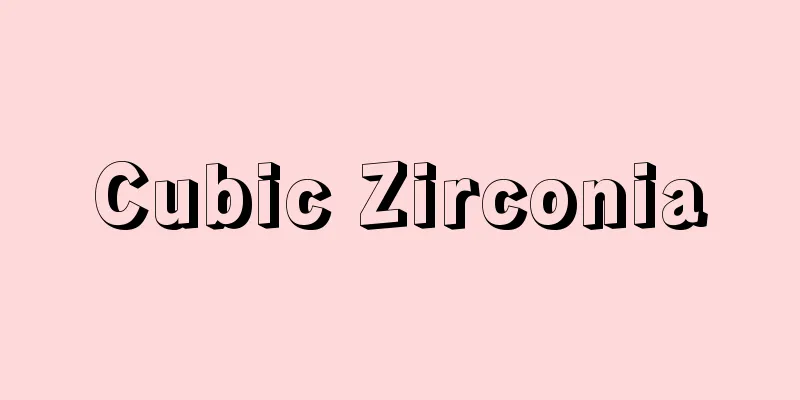new physical education
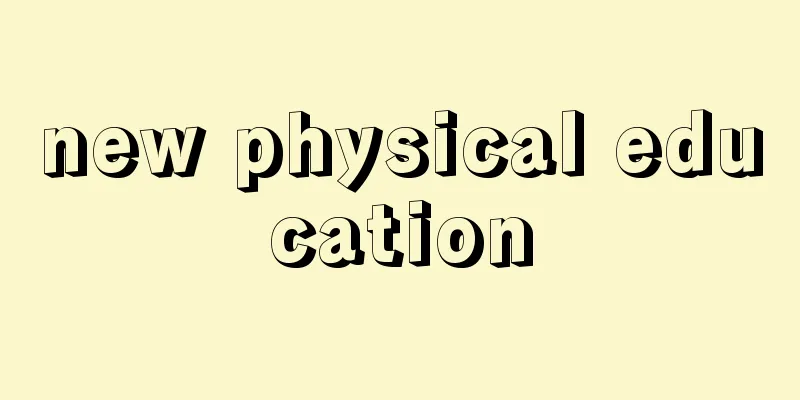
|
…In order to reinforce and promote academic physical education, athletic meets and afternoon physical education were encouraged, and sports clubs were established in secondary schools, as in British public schools, but in Europe, school physical education placed emphasis on academic physical education. Influenced by the development of games, sports, and new gymnastics, a movement to reform school physical education arose from the end of the 19th century to the 20th century, and new physical education was formed in Europe after World War I, such as natural physical education (naturliches Turnen) and rhythmic gymnastics (neue Gymnastik), and in America, new physical education. The characteristics of the “physical education department” of this new physical education were the formation of democratic, socially conscious, peace-loving citizens, games and sports teaching materials, and teaching methods that encouraged spontaneity. … From [Physical Education]...After World War I, university departments of physical education and physical education research institutes were established, and research results based on pedagogy, medicine, and history began to appear. Thus, physical education theory was systematized under names such as "New Physical Education" in the Americas and "Natural Sports" and "Natural Method" in physical education in Europe, physical education was established as a form of holistic development, and physical education became a branch of pedagogy. After World War II, with the aim of establishing physical education as a science, international issues were raised regarding terms such as body culture, kinesiology, physical education, and physical education science, while at the same time scientific research into competitive sports was promoted. ... *Some of the terminology that refers to "new physical education" is listed below. Source | Heibonsha World Encyclopedia 2nd Edition | Information |
|
…教科体育を補強,促進するために運動会や〈午後の体育〉も奨励され,イギリスのパブリック・スクールのように中等学校には運動部も設置されたが,ヨーロッパの学校体育は教科体育に重点がおかれていた。遊戯やスポーツや新しい体操の発展に影響をうけて,世紀末から20世紀にかけて学校体育改革の運動が生じ,第1次世界大戦後のヨーロッパでは自然体育natürliches Turnen,新体操neue Gymnastik,アメリカでは新体育new physical educationなどという新しい体育が形成された。この新しい体育による〈体育科〉の特色は,民主的で社会性に富む平和を愛する市民の形成,遊戯やスポーツ教材,自発性を促進する指導法などであった。… 【体育学】より…第1次大戦後には大学の体育学講座や体育研究所が設立され,教育学や医学や歴史学に基づく研究成果がみられるようになった。こうしてアメリカ大陸では〈新体育new physical education〉,ヨーロッパ大陸では〈自然体育natürliches Turnen〉,体育の〈自然的方法methode naturelle〉などという名で体育理論が体系化され,全人形成としての体育が確立され,体育学は教育学の一部門となった。第2次大戦後,科学としての体育学の確立をめざして,身体文化や運動学,体育学や体育科学などの用語をめぐって国際的な問題提起がなされ,他方では競技スポーツの科学的研究が促進された。… ※「new physical education」について言及している用語解説の一部を掲載しています。 出典|株式会社平凡社世界大百科事典 第2版について | 情報 |
Recommend
From
〘adv〙 (sometimes accompanied by 「と」) =うkari※Shiji ...
Fire-extinguishing festival - Chinkasai
Also known as the "Hishizume Festival". ...
City of the Three Spires
…The town's origins date back to the Saxon pe...
ICOMOS - ICOMOS
International Council on Monuments and Sites . A U...
Frullania
A general term for the genus Frullania , a moss fa...
Augustodunum
...Population: about 23,000 (1982). Founded by th...
Dendrite - juushijosho (English spelling) dendrite
A type of crystal shape that occurs when a molten ...
Amatsukume no Mikoto - Amatsukume no Mikoto
The legendary ancestor of the Kume clan who led th...
Dario (English spelling) Rubén Dario
Nicaraguan poet. His real name was Félix Rubén Ga...
Hildebrand-Hildebrandson, H.
…During this voyage, he observed waves and the we...
Hashimoto
A district in Yawata City, Kyoto Prefecture. It i...
Jewels - Jewels
A perennial plant of the grass family (APG classi...
Baroque art
A European art style from the early 17th century ...
Trentepohlia aurea (English spelling)
…[Mitsuo Chihara]. . . *Some of the terminology t...
Saijo Yaso
Poet. Born in Tokyo on January 15, 1892. During h...


